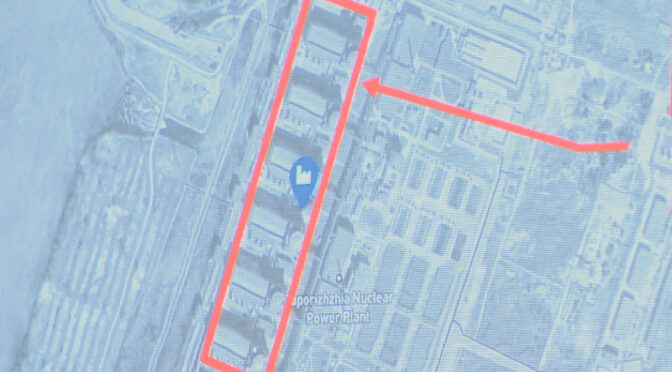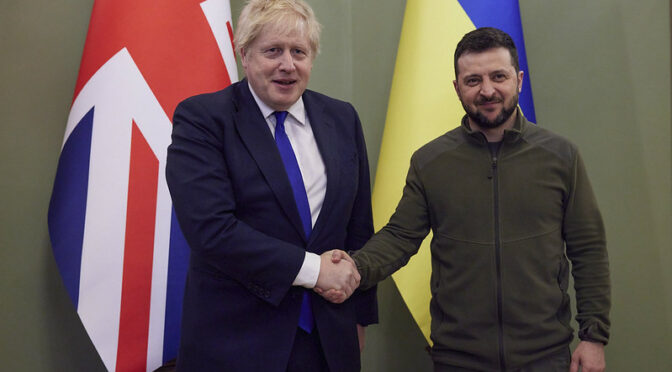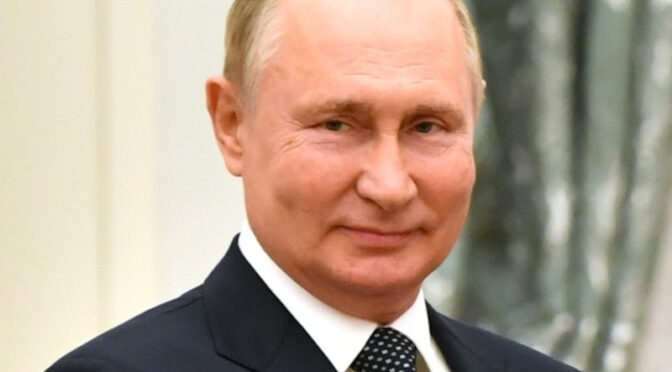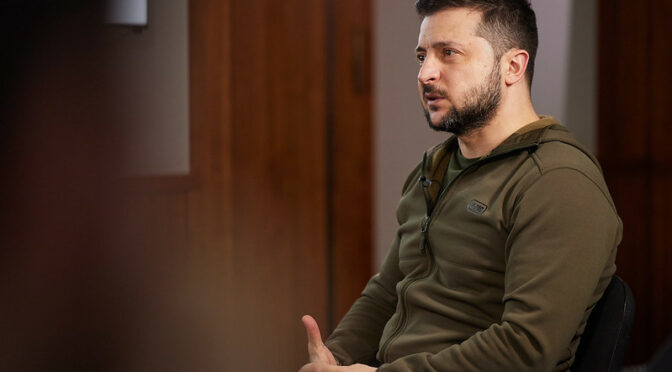Article published in The Daily Telegraph, 19 August 2022. © Richard Kemp
Europe’s largest nuclear power station, Zaporizhzhia in southeastern Ukraine, has been repeatedly shelled since Russian forces seized it in March, threatening a radioactive disaster potentially of the scale of, or even greater than, Chernobyl. It would contaminate the Black Sea and create a radiation hazard as far away as Germany – a game-changer in the Ukraine war, transforming it into a full-blown regional conflict.
Now Ukrainian military intelligence is warning that a Russian attack on Zaporizhzhia is imminent, with reports that Moscow has ordered energy workers stationed there to stay at home this weekend. What is not clear is who is actually carrying out the high-risk attacks we have already seen, as each side blames the other.
It makes little sense for Russia to shell a facility that it possesses and plans to use to supply power to Donetsk and Luhansk, except as a false flag operation intended to undermine global support for Kyiv. The other side of the coin is a false flag attack by Ukraine to achieve the opposite and perhaps draw Western nations deeper into the conflict as well as scaring Ukrainian staff at the plant into disrupting output. Despite deep international concern, including a debate at the UN Security Council a few days ago, neither Britain nor the US has directly apportioned blame, although both have sophisticated surveillance assets that ought to be able to identify the source of artillery fire directed at such a hugely sensitive location.
So far, although both sides claim to support a UN inspection at the plant, it has not materialised with Russia and Ukraine blaming each other for that as well. It is hard to see a way to avert disaster. One option could be for the UN to take control of Zaporizhzhia but it is unlikely — certainly in the time-frame needed — that could be agreed on, including by the UN which has demonstrated only toothlessness since the war began. Continue reading








